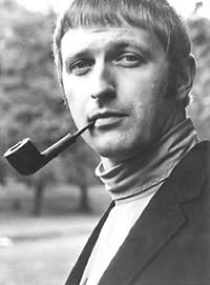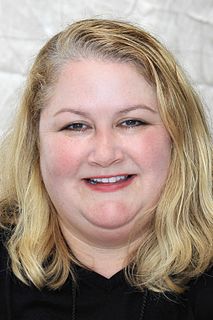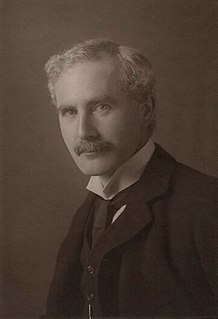A Quote by Alexandra Petri
There is something about a mortarboard that gives otherwise sane and normal people the overwhelming urge to burden you with advice. Some of them cannot help themselves. They were asked to do it by a committee. But one can only take so many pieces of wisdom before they all start to blur together.
Related Quotes
You start to stress yourself out about the people around you. You start to think, like, "What do you really want from me?" And then you forget that you, at some point, asked them for something. At some point you needed them to take you in because you ain't had nowhere to go. And now you turn around and question their loyalty to you, and those were the only people loyal to you. The only people that really loved you are still there, and you tanked on them. I'll never let that happen.
If you take the burden of health care, of diseases off the backs of some other countries, it gives them a chance to use their own very limited resources in ways that help their people. And also there's a hopelessness associated with deadly diseases, that if that can be alleviated, people can build their own economies in their own countries and they'll be less reliant on the developed world for help.
I've never written a fiction before about real people. . . . I read everything that I could find by people who met them and tried to get some impression of them, but as always when you write fiction, even if you have completely fictitious characters, you start by thinking of what is plausible, what would they say, what would they be likely to do, what would they be likely to think. At some point, if it is every going to come to life, the characters seem to take over and start speaking themselves, and it happened with [COPENHAGEN].
People who thing that they are getting something for nothing, by having government provide what they would otherwise have to buy in the private market, are not only kidding themselves by ignoring the taxes that government has to take from them in order to give them the appearance of something for nothing.
One of my favorite pieces of advice about being a writer came from a very formative teacher I had as an undergraduate, named John Hersey. On our last day of class together, which was also John Hersey last day before retirement, he said, "Remember, the world doesn't need any new writers." Which at first didn't seem like great advice, but when you unpacked it, it was really that it's not enough to be confident in what you do; be conscious of bringing something to the world of readers and writers that it hasn't seen before. Something idiosyncratic.
Our friendship was like our writing in some ways. It was the only thing that was interesting about our otherwise dull lives. We were better off when we were together. Together we were a small society of ambition and high ideals. We were tender and patient and kind. We were not like the world at all.
Before you give advice, that is to say advice which you have not been asked to give, it is well to put to yourself two questions - namely, what is your motive for giving it, and what is it likely to be worth? If these questions were always asked, and honestly answered, there would be less advice given.

































